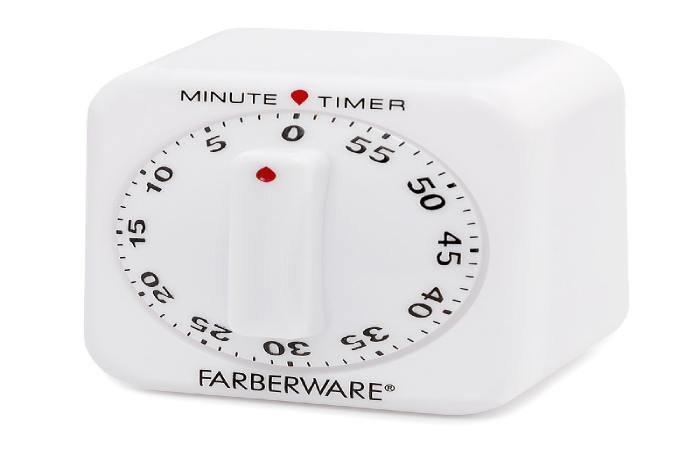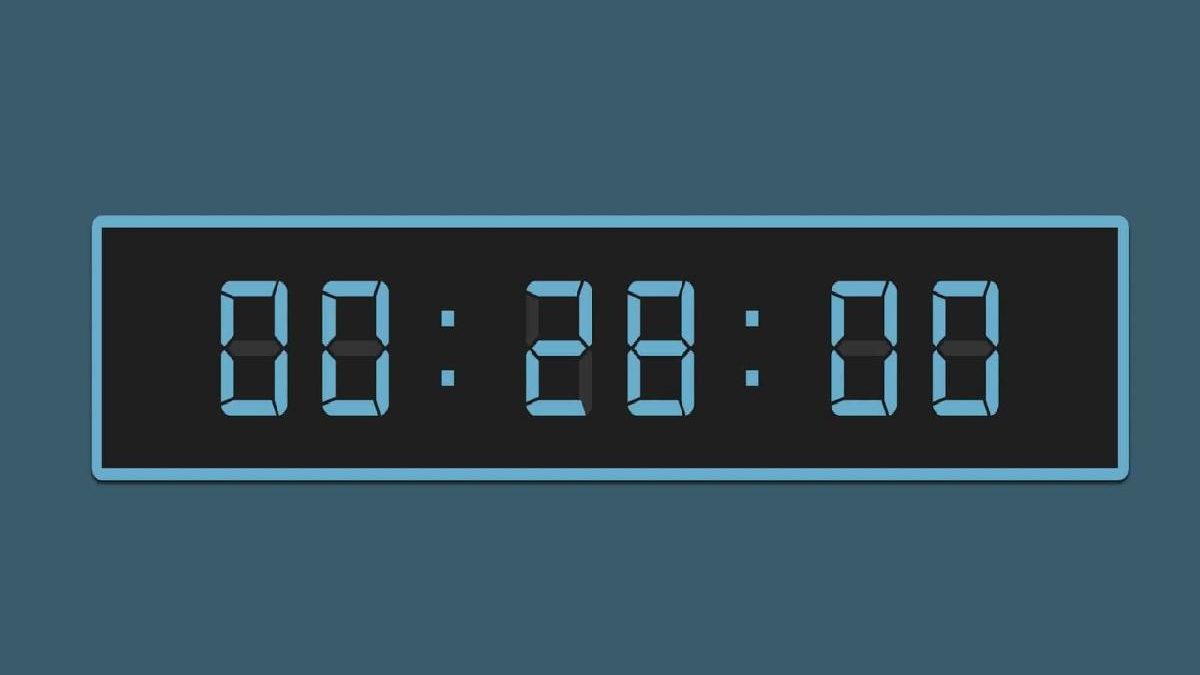A timer is a specific kind of clock used to record time intervals. A stopwatch is a timer that counts up from zero to measure the passage of time. It is a tool that creates a time delay by counting down from a Set Timer For 28 Minutes intervals; an hourglass is an example of a timer.
What Use Does a Countdown Set Timer For 28 Minutes Serve?
Users can choose to display a countdown Set Timer For 28 Minutes, and they are counting down to or up.
The PLC timer will be discussed in this article. We will define PLC timers, describe how they operate, discuss the various timer types, and provide some instances of their use.
PLC timers are built-in instructions in PLC programmes to delay input and output signals.
Although you cannot hold a PLC regulator in your hand, and they do not require wire connections to function, these timers’ function similarly to relay timers.
Various PLC Timer Types to Set Timer For 28 Minutes
PLC timers come in three basic categories:
– The timing for delays,
– The timer for off-delay,
– The timer with retention on delay.
Values For PLC Set Timer For 28 Minutes

These PLC timers equip with a timer enable bit, a timer timing bit, a timer done a bit, a pre-set value, an accumulated value, and a timer file name.
Temporary File Name
A PLC tag appears in the timer file name. The timer’s pre-set and cumulative values are located in this tag.
For all of my timer examples, I’ll use the timer file name Timer1. Some PLCs construct the timer file name for you, while others need you to create the timer file name. Additionally, I’ll utilise a selector switch to turn them on and off the timers.
Timer’s Default Setting
The number indicating the timer’s delay length is the Set Timer For 28 Minutes pre-set value.
You can update this number by simply putting it in or instructing the PLC to write a new value into this field. Throughout the timer’s regular functioning, this number remains constant.
Timer’s Total Value
The amount that indicates how long the timer has been timing is the accumulated value.
On each of these timers, the cumulative value of the timer operates differently. I’ll describe how each timer works as I demonstrate how this value accumulates time.
Bit Timer Enabled
When the timer is activated, the timer-enabled bit will be on.
When the timer is timing, the timing bit will be active.
Timer Has Expired
On several of these clocks, the timer done bit behaves differently. As I describe how each timer operates, I’ll also describe how the timer done bits operate.
Temporary Ticker to Set Timer For 28 Minutes
This plugin is useful if you want a timer in your Ceros experience. Users can choose to display a countdown (or count up) clock set to the number they are counting down to or up to. NYE? a celebration? Launch of a product? I mean, anything.
How to Set Timer For 28 Minutes Was Done
Every text element in the Ceros session with the appropriate tag applied is looped through. Then, with a little assistance from Moment.js, we changed their content every second to reflect the interval between now and the time specified in the tailored HTML. We use the SDK message to customise how the text component represents the time.
What Steps to Take to Set Timer For 28 Minutes
1. Integrate the Custom HTML
Put the following code into your Ceros experience’s “Custom HTML” section. It is located in the upper right corner’s Settings panel.
2. Refresh the Attribute
To use the ISO 8601 format, change the data-countdown-DateTime property in the custom HTML above. Make sure you use the UTC offset corresponding to your time zone.
For instance, the HTML mentioned above will display a New Year’s Day 2018 countdown in the Eastern Time Zone (UTC -05:00).
Add the following attribute data-countdown-mode=”COUNT-UP” right after the-final-count-down.min.js if you want to start counting up from a past time and date.
In the custom HTML, v=1 is used.
3. Build Text Boxes
For each unit of the counter, you desire to display, create a Text Box. It usually entails generating a heading and a textbox with placeholder numbers for the precise time denotation, such as years, weeks, days, hours, minutes, etc.
Add a countdown tag to each of the Text Boxes you establish in the previous step.
Note: If the Text Boxes group, the Countdown will not function. The Layers panel’s Text Boxes can be found either individually or in a folder.
4. Decide Message
Set the coordinated value below as the Message for each textbox in your design (including capitalisation). The plugin will update its calculations based on the units you’ve chosen to display. (For example, for 13 months, if YEAR is included, it can display 13 months, or 13 months if only MONTH is including.)
Millennia
Half a century
YEARS
MONTHS
DAYS
HOURS
MINUTES
SECONDS
To see your changes, refresh the preview link for your experiences.
5. Check
Check by opening the preview link.
Why do pupils benefit from Set Timer For 28 Minutes?
Students may better manage their time by using visual timers to track how much time they have left over after class, tests, homework, etc. Optical clocks can help establish routines and predictability if used regularly.
What advantages does scheduling my child’s work offer?
Increasing attention.
Performance improvement
Different brain regions can become active while under a time constraint.
Raising inspiration
knowledge of a topic
Assisting in their exam preparation

